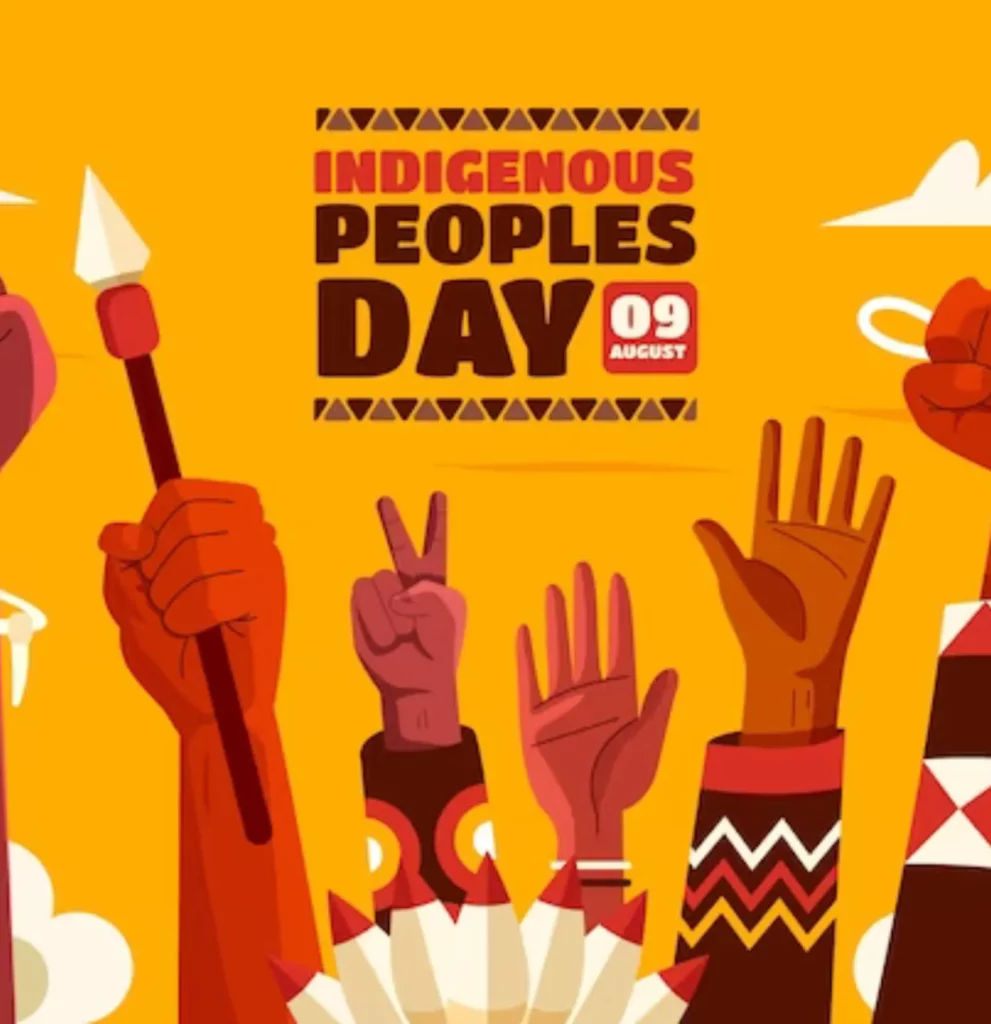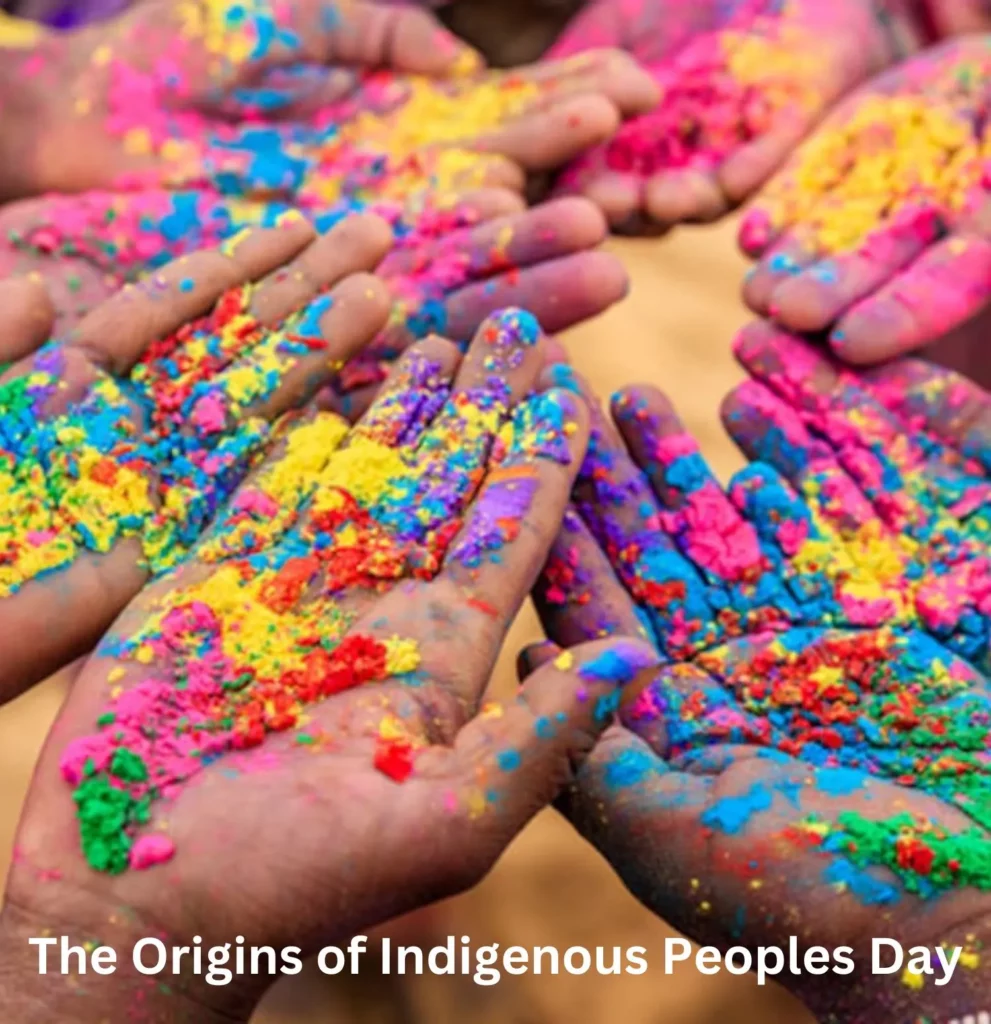Role of Indigenous People Day
The role of natives is important as a growing observation in time. It offers a glimpse of Columbus Day, which historically marked the arrival of Christopher Columbus in the Americas in 1492. In contrast, Indigenous People’s Day is a celebration that recognizes and pays tribute to different cultures. In this article, we will explore five facts about Indigenous Peoples Day. Which you should be aware of.

The Origins of Indigenous Peoples Day

The concept of Indigenous People’s Day was initially proposed in 1977 during a meeting of representatives. United States of America at the International Conference on Discrimination against Indigenous Populations, sponsored by the United Nations. However, it wasn’t until 1992 that Berkeley became a California city. The United States will officially recognize and celebrate Indigenous Peoples Day alongside Columbus Day. Many other cities, states, and organizations have since chosen to recognize it. They respect the history and cultural heritage of these communities.
The Significance of the Date

The character of Indigenous Peoples Day is usually celebrated on the Monday in October that coincides with Columbus Day. This particular date is significant because it challenges the narrative associated with Columbus Day. Native People’s Day serves as a moment to commemorate Columbus’ arrival. To consider the impact of colonialism on indigenous communities and to promote a more accurate and respectful understanding of history.
Recognizing the Diversity

People’s Day does not follow a one-size-fits-all approach to celebration. Indigenous communities in the United States are incredibly diverse, including tribes, nations, and cultures. Each community has its own languages, traditions, and history. The day recognizes the importance of recognizing and respecting diversity, emphasizing that there is no one experience but many rich and unique cultures.
Educational Opportunities

One of the aims of Indigenous People’s Day is to educate the public about the people’s history, contributions and ongoing struggles. Educational institutions such as schools, museums, and cultural organizations often use this day as a platform to teach students and the general public about cultures, languages, art forms, and important issues such as land rights and environmental protection. use It provides an opportunity to develop understanding and respect for communities.
Conclusion
Indigenous Peoples Day marks a shift, in perspective that promotes accurate portrayal of history and culture. It recognizes people’s resilience and valuable contributions while highlighting the challenges they face. By recognizing and celebrating Indigenous Peoples Day we can contribute to building a society that is more inclusive, equal where the voices and experiences of communities are truly valued and respected.



